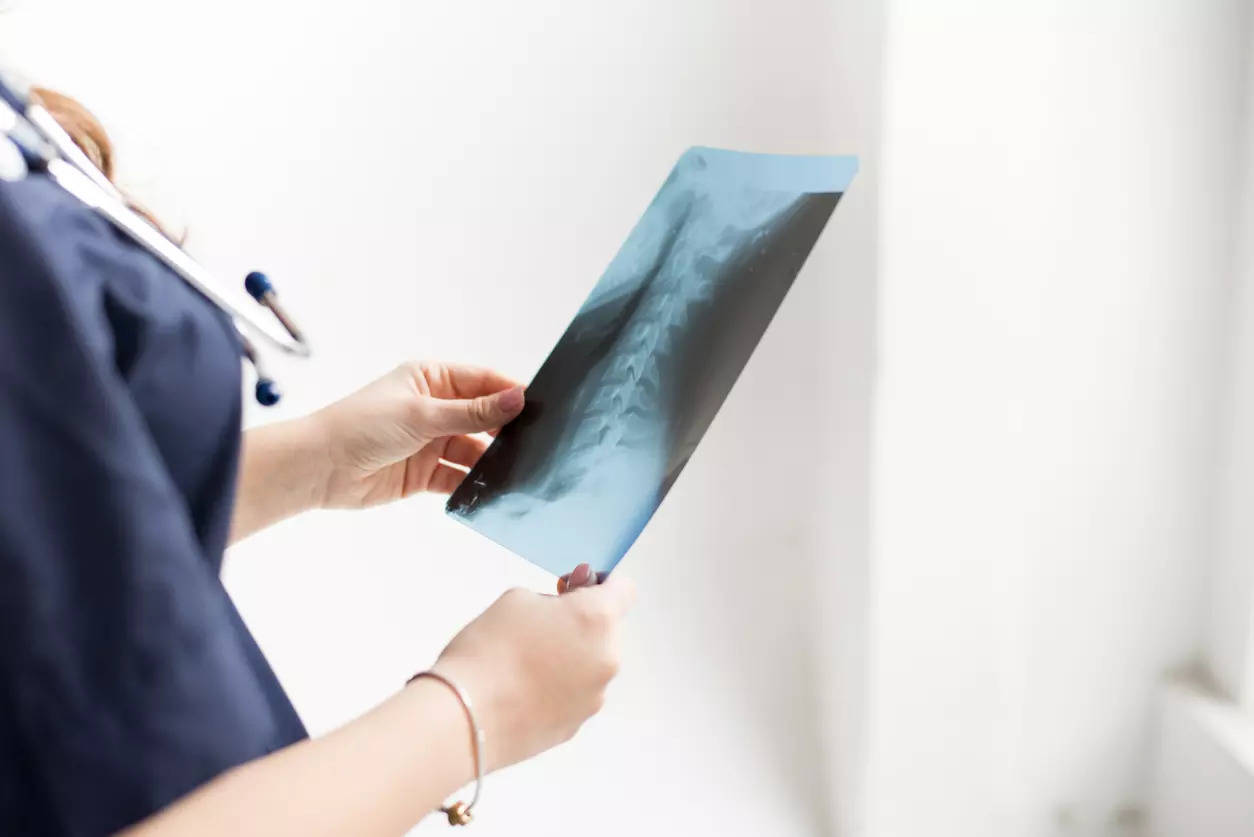Obesity is a huge concern for the current generation. To bring their weight under control, some register for weight loss programmes, or indulge in strict diets. Meanwhile, some believe that drinking warm water with lemon is the ultimate solution to everything. What people really miss is the calorie consumption, need for lifestyle modulations, adapting healthy diet, and the importance of workout. Such factors are important to note for a healthy living especially if you are suffering from health issues, or following a particular gyming regime.
Out of all forms of workout, gyming is the kind that gives the quickest result. However, as easy as it might look to get comfortable with the workout equipments, as hard it is to keep the routine maintained. Many people have also observed that they have in fact gained more weight after leaving gym. If you are one of those who thought one month of gym was okay, but the aftereffects are harder to get rid of, read further to why getting off of the machines has raised the bar on your scales.
The four basic types of weight gain are:
- Muscle Weight Gain
- Water Weight Gain
- Post-Workout Inflammation
- Supplement Use
- Undigested Fiber-Rich Food
Muscle Weight Gain
If you are working out regularly, you are likely to gain muscle weight. The amount of muscle you gain depends on your diet and type of workouts. But any physical activity is likely to produce at least some improvements in strength and muscle mass.
Strength training and consumption of adequate protein will significantly increase muscle mass. Other than that, genetics also play an important role in the amount of muscle a person possess, which is further enhanced with the an exercise program.
If you easily gain muscle, consider yourself lucky. Muscles shape a strong, healthy body. It is only logical that muscle gain equals weight gain. The challenge is to maintain the equation of the muscle, for which correct workout is most important.
For those who have hit the gym to lose weight and not really gain it- notably, even if you lose fat, you gain muscle. This is why, the pointer on the scale doesn’t go down that easily even after hard hours.
Water Weight Gain
Water retention is a common cause of temporary weight gain. People who suffer from pre-menopausal, are especially prone to body-weight fluctuations throughout the month due to hormonal changes.
You may notice some degree of bloating during period. Exercise can help reduce pre-menstrual symptoms, hence, keep up the workouts. Though, you can still see a gain in the weight measurement.
According to the studies, fluid retention peaks on the first day of menstrual flow. It is lowest during the mid-follicular period (the middle phase of your cycle) and gradually increases over the 11 days surrounding ovulation. This is why it is really important for women to keep track of their water intakes.
Another common reason for water weight gain is the increase in sodium in your diet. Consuming high-salt foods can cause an increase in body weight.
Studies have shown that most people feel like drinking more water after consuming salty foods, but do not necessarily produce the same amount of urine. The extra fluid in the system adds up to increase the body weight. People who are sodium sensitive may retain more water.
It is to be noted that, even if you avoid adding salt to your food, you might still be consuming it through packaged-processed foods and beverages. Even some healthy, nutrient-rich foods like soup, cottage cheese, and canned beans may contain excess sodium.
Post-Workout Inflammation
Even if you are working out to lose weight, you might be gaining some weight- at least temporary. But this increase proves that you are working hard enough to see the actual results.
Weight training damages muscle tissue, and to repair them the body allows the muscles to grow and get stronger. But in the meantime, inflammation occurs in the tissues.
Exercise causes structural damage to myofibers (cells in muscle tissue), further causing inflammation and build-up of fluid which may show up as temporary weight gain after a workout.
Supplement Use
Post-workout nutrition or supplement use can also result into weight gain after working out. Especially after particularly prolonged endurance exercise like running or cycling, as they depletes the body of glycogen.
Athletes often consume post-workout supplement beverages that contain carbohydrates. Although carbs help to restore muscle glycogen, it also makes the body retain water. As a result, an increase in stored water concludes into possible water weight gain after workout. Notably, the post-workout effect isn’t just restricted to carbohydrate supplementation.
Other supplements can also cause post-workout weight gain. For example, Creatine, a supplement used by many avid exercisers, may also cause weight gain by increasing muscle mass or fluid retention.
Undigested Fiber-Rich Food
Workouts are likely to make you hungry as you lose a lot of energy trying to gain muscle and discard fat. Hence, the body needs refueling. But, if you are doing so by feeding yourself fiber-rich foods, the nutritious food you consume may lead to a gain in weight as it works its way through your body.
Consuming fiber will make you want to consume more fluid, in order to help you have a proper bowel situation. Insoluble fiber, in particular, is known to increase stool weight.
Before the stool is passed, you might notice an increase in weight after your workout, but fiber also decreases colonic transit time. So this is not a nutrient you should avoid. Point is it doesn’t make much difference, but it may show a little on the scale. Don’t worry about it.
Gaining weight after quitting gym
All the aforementioned reasons stay even quitting gym, hence, you keep gaining weight as you aren’t working out enough to balance the scales.










